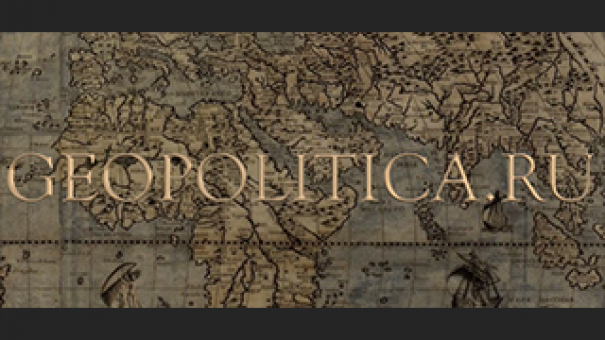Moldova: protests against the oligarchic regime
In the Moldovan capital, Chisinau, the opposition stormed parliament. The protesters broke into the building and demanded an urgent meeting with the deputies. Their leaders announced the launch of an indefinite protest. The reason for such drastic action was the emergency session of Parliament, which had to approve Prime Minister Pavel Filip – protégé of oligarch Vladimir Plahotniuc - and vote for his government.


